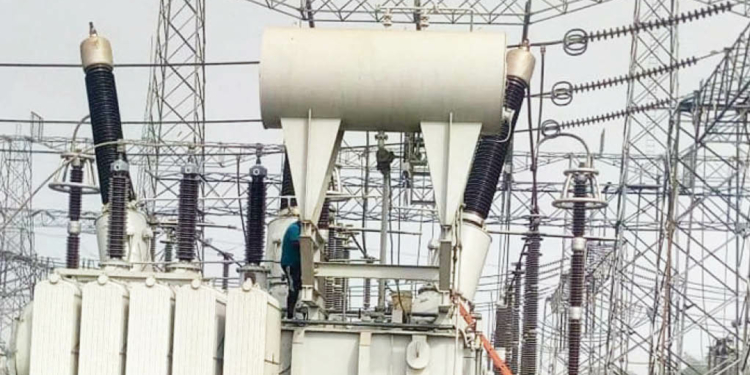- Rural West Africa has only 10% electricity access despite a general increase to 53% availability from 2019 to 2023
- ECOWAS addresses energy disparities with specialized agencies and a strategy including regional power projects totaling USD 36 billion
The Economic Community of West African States (ECOWAS) revealed that rural regions in West Africa have access to merely 10% electricity as of 2023. Despite a general uptick in electricity availability from 45% in 2019 to an average of 53% by 2023, disparities persist.
Commissioner of Infrastructure, Energy & Digitalization at ECOWAS, Mr. Sediko Douka, shared these findings during Thursday’s weekly press conference in Abuja. Douka highlighted that the energy sector remains a focal point for ECOWAS, boasting an installed production capacity of 25,421 GW, predominantly thermal (77%), followed by hydro (22%), and a marginal share of solar/wind (1%).
“While the overall access to electricity has shown improvement from 45% in 2019 to an average of 53% in 2023, rural areas continue to lag significantly with only a 10% access rate,” remarked Douka.
Furthermore, Douka underscored the challenge of low intra-regional electricity exchanges, estimated at 9%. He emphasized the economic repercussions of high regional electricity prices, standing at 0.24 USD = 150 FCFA/kWh, particularly inhibiting industrial development.
To tackle these issues head-on, ECOWAS has established specialized agencies in the energy sector, including the West African Power Pool (WAPP) in Cotonou, Benin, the Regional Electricity Regulatory Authority (ERERA) in Accra, Ghana, the Centre for Renewable Energy and Energy Efficiency (ECREEE) in Praia, Cape Verde, and the West African Gas Pipeline Authority (WAGPA) in Abuja, Nigeria.
Douka outlined ECOWAS’s comprehensive strategy, which includes implementing the WAPP Master Plan for regional power generation and transmission facilities (2019-2033), which encompasses 75 regional projects totalling USD 36 billion. These initiatives aim to construct 23,000 km of power interconnection lines and generate 16,000 MW.
Additionally, ECOWAS launched and operationalized the Regional Electricity Market in 2018, promoting renewable energy sources and facilitating electricity access programs for both on-grid and off-grid networks.










Discussion about this post